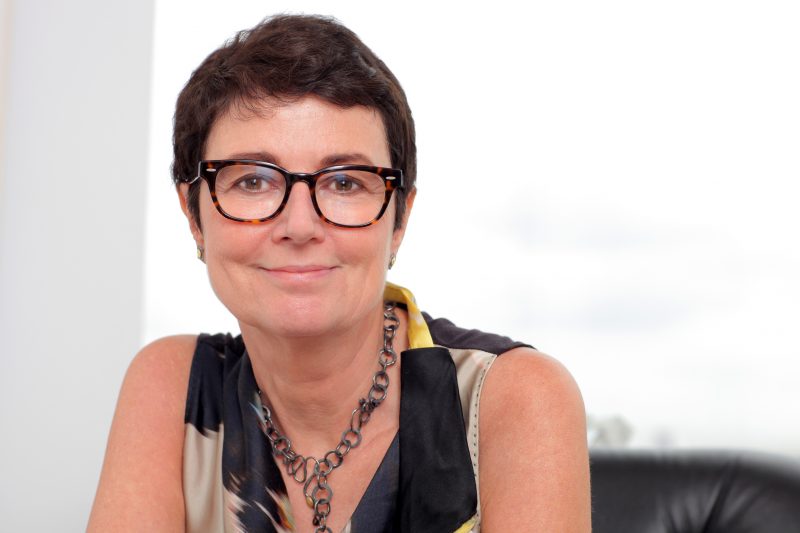

Photograph by John Abbott ©www.johnabbottphoto.com Rockefeller University_August 2014
Titia de Lange
RELATED STORY: Titia de Lange: The Complex Puzzle of Chromosome Ends
Titia de Lange earned a Ph.D. in biochemistry at the University of Amsterdam and the Netherlands Cancer Institute, and did postdoctoral research with Harold Varmus at the University of California, San Francisco. She joined Rockefeller in 1990 to head the Laboratory of Cell Biology and Genetics. De Lange was appointed a professor in 1997 and the Leon Hess Professor in 1999. Today she also directs the Anderson Center for Cancer Research.
In 2013, de Lange was one of the inaugural recipients of the Breakthrough Prize in Life Sciences, and the following year she received the Canada Gairdner International Award. Her many other honors include the Vilcek Prize in Biomedical Science and the Dr. H. P. Heineken Prize. De Lange has been elected a foreign associate of the U.S. National Academy of Sciences and is a member of the Institute of Medicine, the American Academy of Arts and Sciences, the European Molecular Biology Organization and the two Dutch Royal Academies.
De Lange’s research focuses on telomeres, the elements that protect the ends of chromosomes. Her laboratory was instrumental in the discovery of shelterin, the protein complex that binds to telomeres and prevents DNA damage signaling and inappropriate DNA damage repair at chromosome ends. In collaboration with Jack Griffith, and later working with Xiaowei Zhuang, de Lange’s group showed that shelterin protects chromosome ends by remodeling telomeres into a looped structure, the t-loop, that hides the chromosome end. De Lange is also studying how the loss of telomeric DNA contributes to the development of cancer.